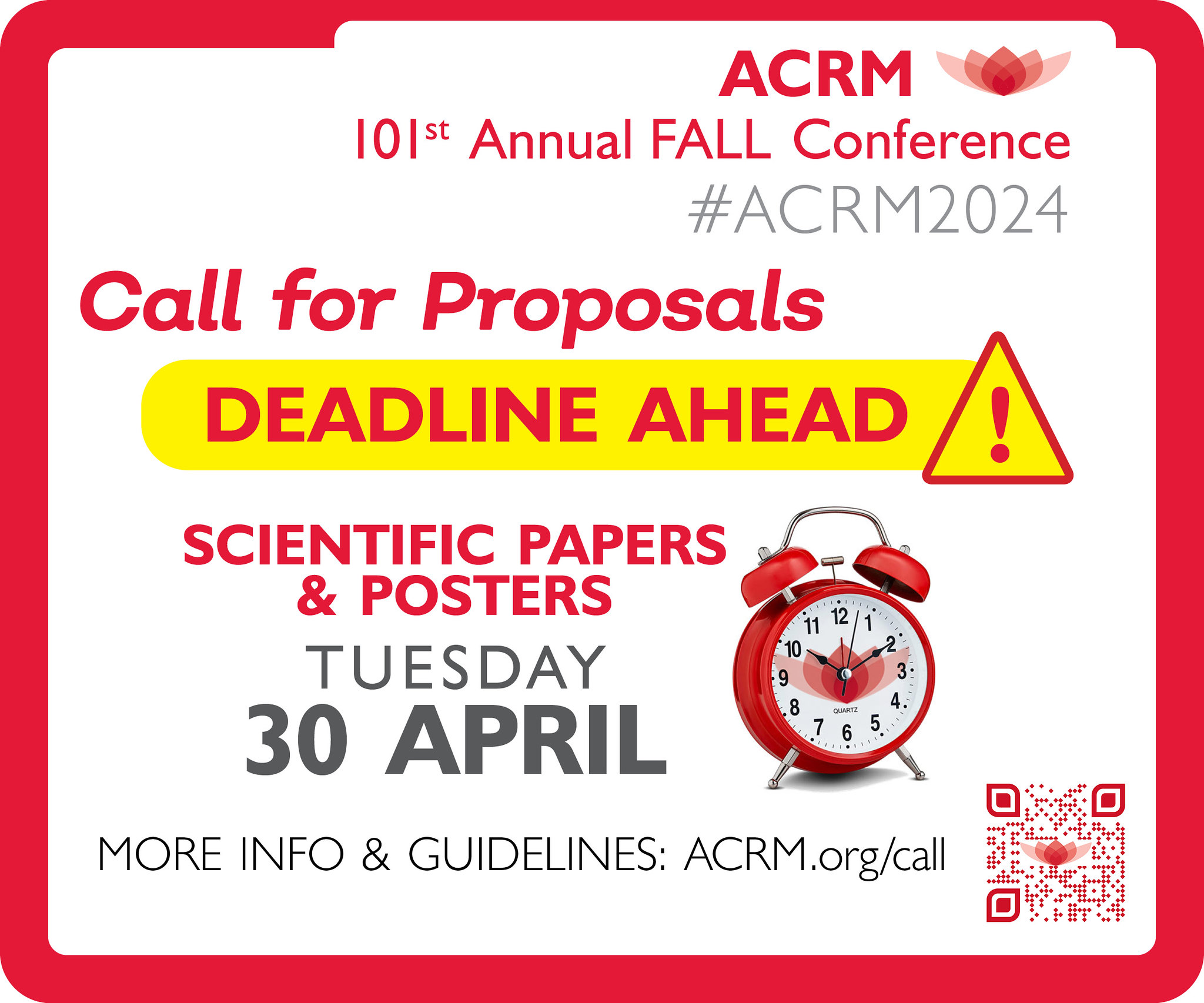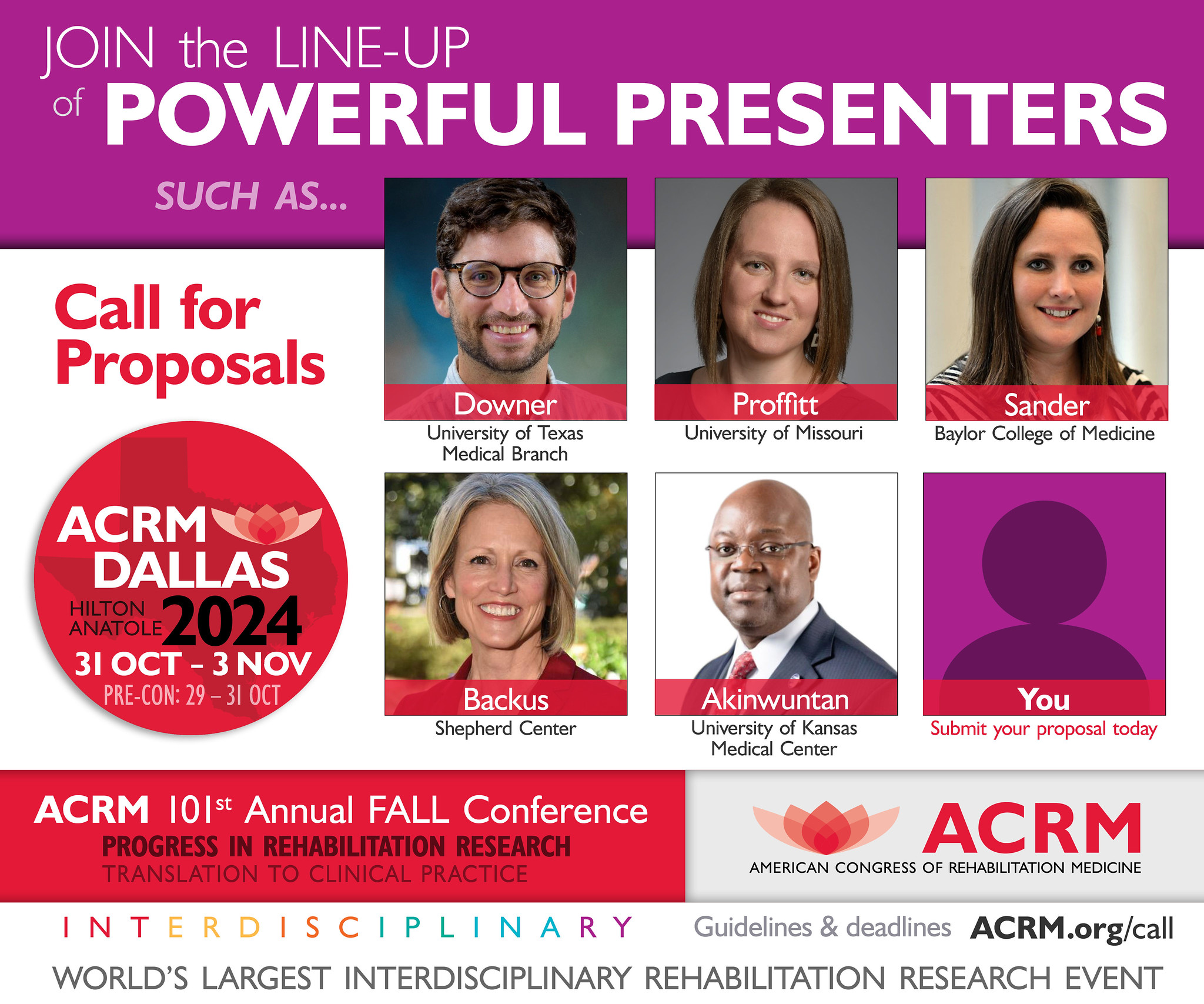by Brend Swartz, PsyD

Attending and participating in conferences is a great way to build your career. It offers you opportunities to: network with peers and leaders in your field, get involved in exciting projects by participating in the organization’s networking and special interest groups, identify possible collaborators, occasionally find mentors, and importantly, it gives you the chance to present your work if your work was accepted.
But the million-dollar question is… how do you pay for it when registration, travel, and hotel costs add up quickly and you don’t have any grant funding readily available? Here are a few tips on how to find the funding you need to get to that conference.
Where To Begin… At your School, of Course! (For graduate students)
- In your lab … Sometimes individual labs have some resources available (e.g., unallocated grant funds, private donations, etc…). Likely the research you will be presenting will also be representing the work coming from your lab, so they may be willing to provide financial support. Talk with your advisor / supervisor regarding this possibility.
- Look to your department. Individual academic departments often have some funds available for student travel to present at conferences.
- The Student Services Office of your university can also help guide you. Some schools allocate funds as a whole (e.g., the elusive “student services fee” often has a percentage that goes to help fund budding scholars, such as yourself!)
Other Sources of Potential Funds
- Professional organizations often have student stipends available for students and / or early career individuals. ACRM, for example, has an early career scholarship for its mid-year meeting. Applicants must be a current member of the BI-ISIG (Brain Injury-Special Interest Group). Contact ACRM for the most recent information regarding the scholarship and application procedures. More Information. Additional questions may be directed to Terri Compos +703.435.5335.
*Volunteer opportunities are often available for conferences as well, which sometimes covers the basic conference fee. NOTE: Benefits of volunteering may vary among organizations and events. - Discipline-Specific organizations are another potential resource (e.g., APTA, ASHA, APA). Consult the individual websites for information. Organizations also have member benefits which may include discounted travel. Explore the member benefits section of your discipline’s organization.
Student-Specific Discounts
- Statravel.com and studentuniverse.com are meccas for students looking to travel. These student specific websites offer discounts of hundreds of dollars on flights, hotels, and other travel needs.
- Many companies offer a student advantage card for students. Greyhound bus, Amtrak, and Choice Hotels are among the travel companies which participate in student discount programs.









